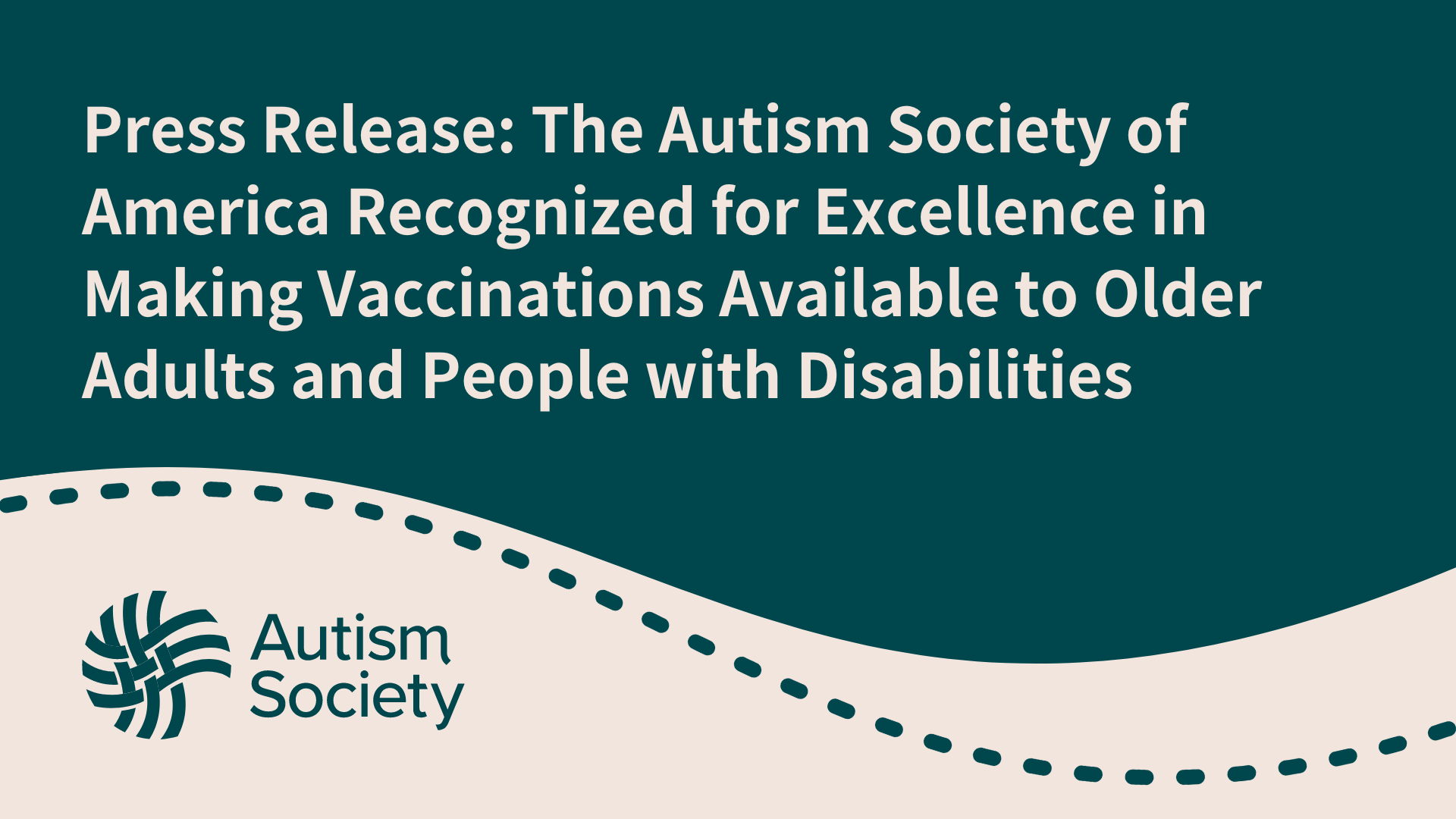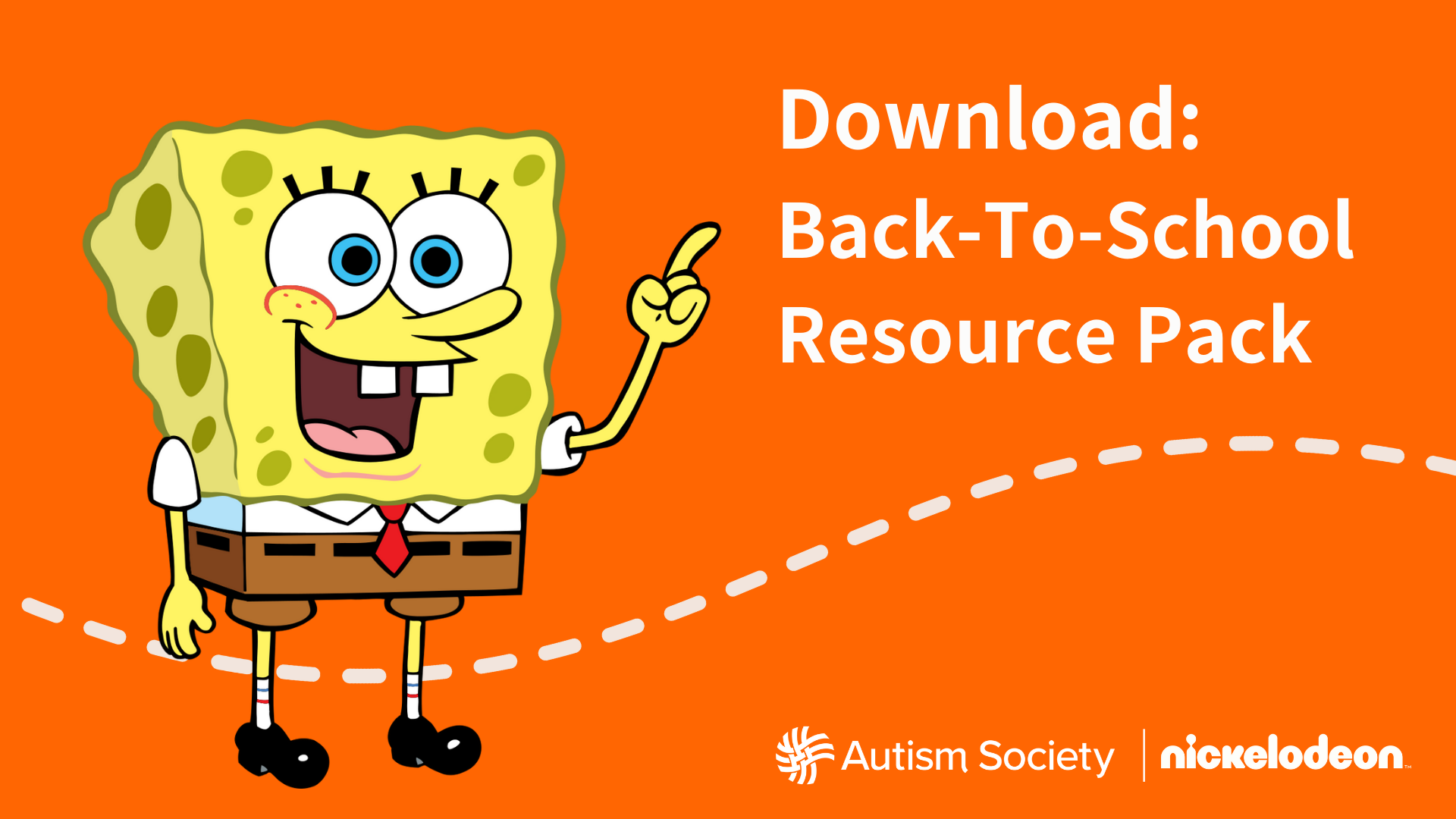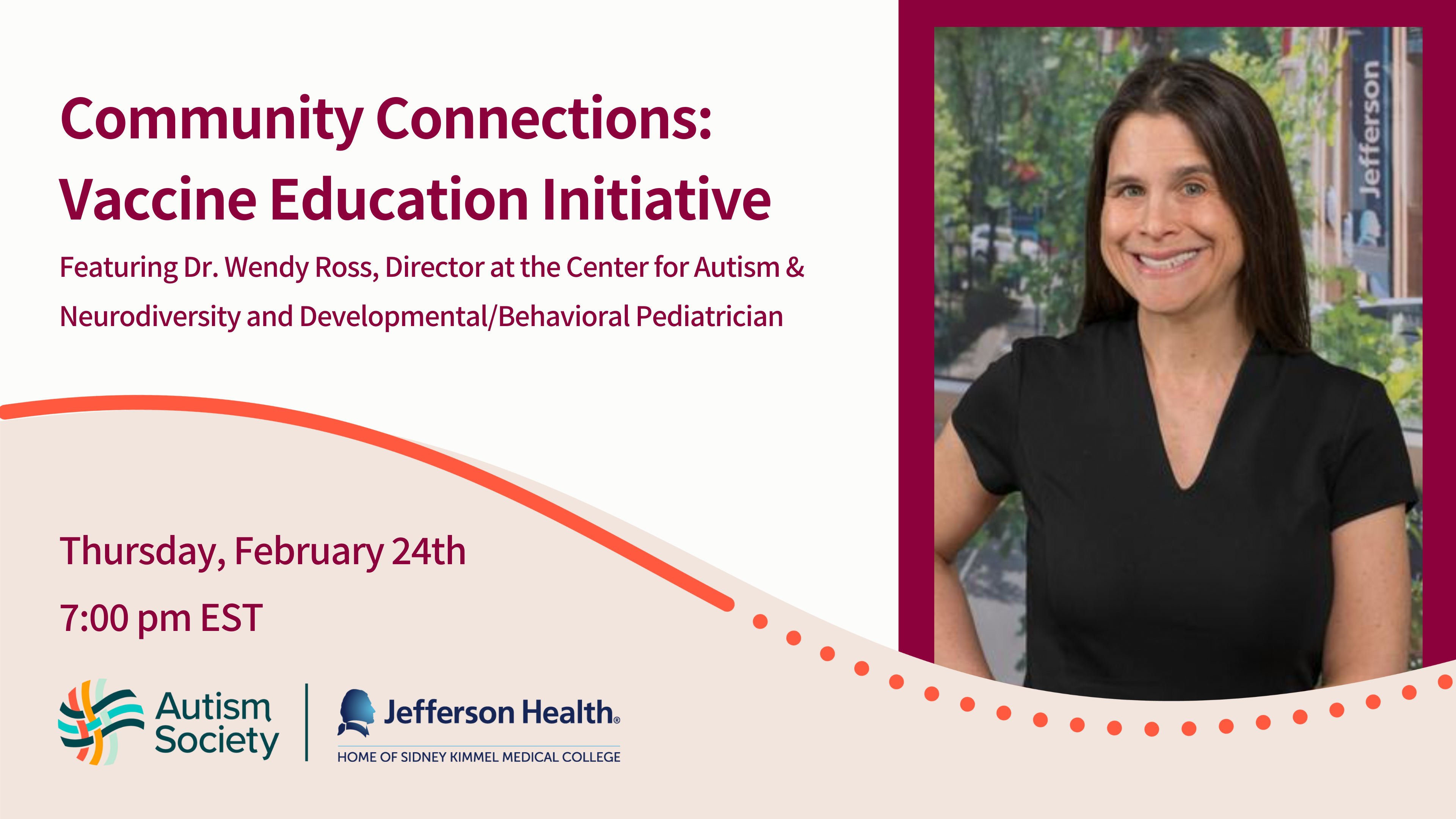
In this issue of Capitol Connection, learn about the possible outcomes of the special session of Congress after the election. Also, find helpful resources to advocate at the state level for education, health, and community living. Please use the Autism Society’s Election Center for details on how to vote as we are less than a week until election day on November 8th.
Congressional Schedule
Congress is on recess but will return for a Lame Duck session of Congress following the November 8th midterm elections. It is unclear what will get done during the special session after the election, but they will definitely have to finish work on the 12 annual appropriations bills to avert a shutdown. The Continuing Resolution expires on December 16th. Other than appropriations, the Autism Society and other advocates are still pressing for additional funding for home and community-based services and relief for the direct service professional crisis. A bill to reauthorize Kevin & Avonte’s Law may get final approval. In addition, the ABLE Age Adjustment Act, Assistive Technology Act reauthorization, and a bill to permanently authorize the Money Follows the Person program may potentially pass. The Autism Society is participating in advocacy efforts to get these legislative goals across the finish line.
Olmstead Letter
The Autism Society signed a letter to Kristen Clarke, the Assistant Attorney General for Civil Rights at the U.S. Department of Justice (DOJ) urging the department to reinstate Olmstead guidance that was rescinded in 2017. The letter was prepared by the Collaboration to Promote Self-Determination (CPSD), a coalition the Autism Society of America is involved in that advocates for full inclusion in society. The guidance provided compliance information for public entities to expand opportunities in competitive integrated employment for individuals with disabilities. The Autism Society will monitor DOJ’s response.
ABLE Accounts Increase
With the tax updates of 2023 comes good news for ABLE account enrollees. The annual contribution limit from any source for ABLE accounts will increase from $16,000 to $17,000 in 2023. For workers with disabilities with ABLE accounts, their contribution limit will increase up to $30,590 for the 48 contiguous States and DC, $33,990 for Alaska, and $32,630 for Hawaii. To learn more about ABLE Programs, click here.
IACC
The Interagency Autism Coordinating Committee (IACC) held a meeting on October 26th to discuss their strategic plan for the upcoming year. A recording of the meeting will soon be released on their website. IACC was established under the Autism CARES Act and is a Federal advisory committee that coordinates Federal efforts and provides advice to the Secretary of Health and Human Services on issues related to Autism.
State Advocacy
New Resource on Ending Medicaid Public Health Emergency
As the Administration is looking toward placing an end to the Covid-19 Public Health Emergency (PHE), the Centers for Medicare & Medicaid Services (CMS) released new resources for state advocates. The first is a new set of Unwinding Frequently Asked Questions (FAQs), which answer questions CMS has received regarding guidance to support state efforts to unwind the continuous enrollment requirement and other Medicaid and CHIP temporary measures after the PHE ends. The PHE was recently extended until January 11th, 2023, and the Administration promised to provide at least a 60-day notice before ending the emergency. To learn more about this issue, reference this article from Kaiser Family Foundation.
ADA Class Action in Massachusetts
A class action lawsuit was filed in a federal court in Massachusetts by six people with disabilities who are unnecessarily institutionalized in nursing facilities. Their complaint claims that Massachusetts officials have violated the Americans with Disabilities (ADA) and the Medicaid Act by failing to provide community residential services and supports. The lawsuit hopes to compel the State to expand its existing residential programs so that people with disabilities in nursing facilities can make informed choices and have meaningful options to live successfully in the community. Justice in Aging, the Center for Public Representation, Greater Boston Legal Services, and the private law firm of Foley Hoag, LLP represent the plaintiffs. Read more about the plaintiffs and the lawsuit.
American Rescue Plan Guide for Education Advocacy
The Education Trust, a national education non-profit, put together a guide for advocates on how to ask school district leaders how they are spending American Rescue Plan funding in their schools. The guide explains best practices for using the funds, what questions to ask, and shows what districts have learned across America. Practices include tutoring and expanding learning time, safe learning environments, teacher retention and recruitment, community and family engagement, and data equity.
Resources
A new report was published in April on the intersection of Autism identity, health, and poverty by the Drexel Autism Institute. National Autism Indicators Report: The Intersection of Autism, Health, Poverty and Racial Inequity looks into disparities in health care services, health outcomes, and life outcomes for individuals who identify as autistic. It finds that Autistic individuals have higher rates of undiagnosed cancers and cardiovascular disease, higher rates of unintentional injuries, and decreased life expectancy, compared to neurotypical individuals. It concludes that more research should focus on exploring factors that contribute to these disparities, and that social determinants are likely to be the key. See the full report.
Share:





